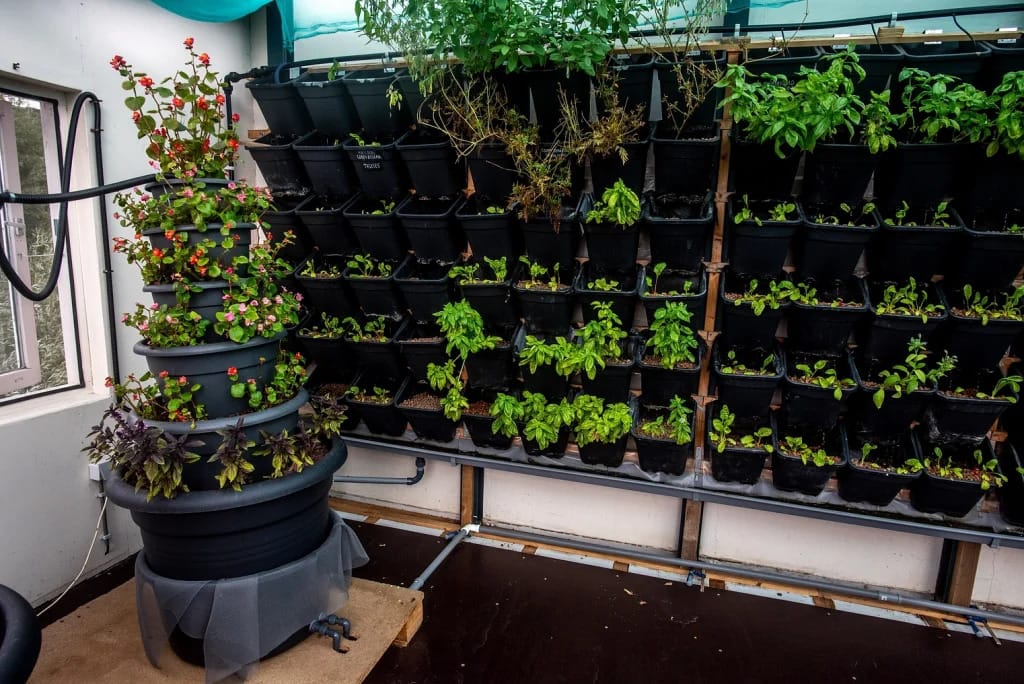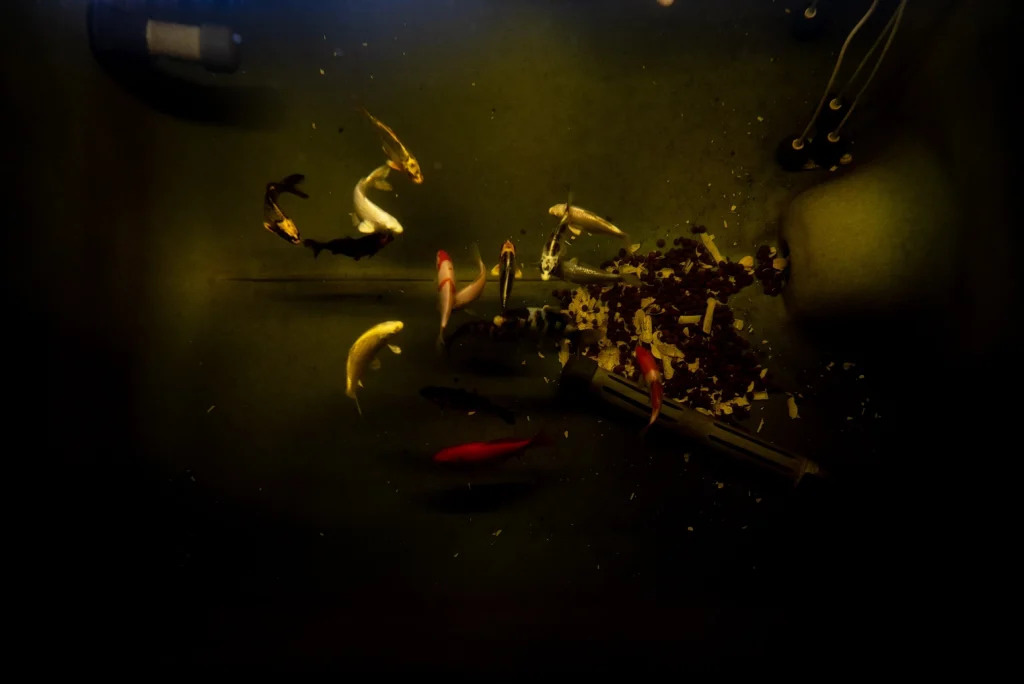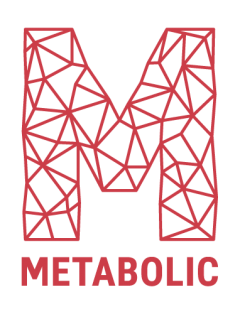In late October and early November, the Metabolic Institute will be hosting two online hackathons to solve crucial challenges in urban farming initiatives. We’re inviting young students, based in the Netherlands, to join us in exploring tangible solutions in urban agriculture. Learn more about urban farming and help us solve a critical challenge while getting real, hands-on experience!
Cities are continuously growing. This growth can make it difficult to provide affordable, nutritious, and safe food for residents, in a sustainable and environmentally-friendly way. Today, European cities import their food from the surrounding countryside or from overseas. City-dwellers have been increasingly disconnected from their food sources. However, local urban food initiatives are springing up in cities around the world, providing a unique opportunity to enhance local food security and create short, resilient supply chains. We are developing such an initiative, and we could use the help of student teams based in the Netherlands, to find innovative solutions to key challenges.
Metabolic’s Aquaponic Farm Pilot
The Metabolic Institute is leading the development and implementation of an open-source aquaponics farm, based in De Ceuvel in North Amsterdam. This pilot tests both high-tech and low-tech solutions by integrating different grow systems and developing an aquaponics management software system designed for inexperienced growers. Located at De Ceuvel, a former brownfield and industrial shipyard turned into a living lab for circular urban development, the farm currently provides leafy greens, gastronomic flowers, and herbs to the adjacent café.
This project sits within a wider programme called FoodE, a four-year H2020 EU-funded project launched in 2020, focused on the development and scaling of context-specific solutions that foster sustainable food and nutrition security in European cities. Through its 15 pilots and the development of a sustainability assessment framework, FoodE will ensure that the most advanced technological solutions available in the EU are maximized for their environmental, social, and economic sustainability and will foster the dissemination of innovative best practices.
To make it work, we have identified two challenges: nutrients and accessibility. We are looking to draw from the bright young minds of our universities, to find new solutions together. We will host one hackathon for each of these challenges.

Online Hackathons Topics
Challenge #1: Closing the nutrient loop (October 28th, 2020)
The first challenge concerns closing the local nutrient loop for the aquaponics system. Although fish waste is a key fertilizer for the plants, most aquaponics and other urban food systems still rely on additional sources of fertilizers, often from synthetic sources. An advantage of urban aquaponics systems is their location close to an important nutrient sink – the sewers system. The nutrients present in urban wastewater flows can be recovered as used as a valuable fertilizer. The struvite reactor is our leading technology to tackle this challenge. It has been developed in close collaboration with the local community, who provides the wastewater flows for nutrient recovery. The struvite reactor has undergone multiple iterations over the last few years. The next step in its development is the complete automation of the struvite crystallization process to facilitate its use by other communities. On October 28th, the hackathon teams will be tasked with developing a detailed blueprint for this automation process based on our current struvite reactor.
Challenge #2: UI/UX for an open-source aquaponics software for urban communities (November 11th, 2020)
The second challenge has to do with the aquaponics management software, which will be entirely open-source. The main goal of this software is to make it easier to run and adopt our aquaponics system in other urban communities, which have no particular expertise in this urban production technology. On November 11th, the hackathon teams will be tasked with developing a user journey and a conceptual user interface design (conceptual UI/UX).

Prize
The winning team of each hackathon will receive a prize of 500€ and a 250€ voucher at a local sustainable café. In addition, they will receive a tour (virtual or offline) at De Ceuvel and the Greenhouse where they can present their ideas.
Save the Date!
Interested participants can register by filling in this form. These hackathons are open to registered students, based in the EU.




